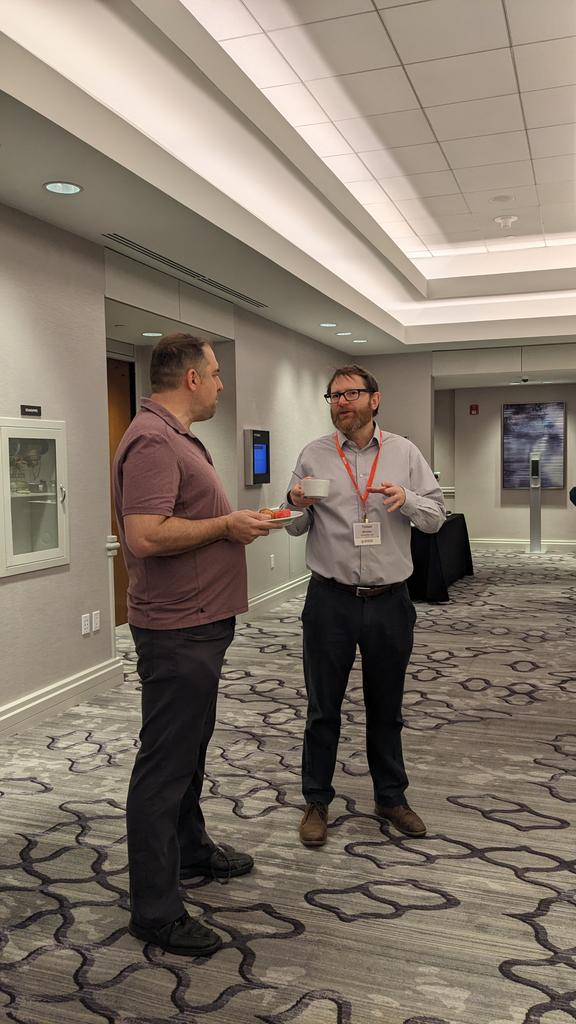Comparative International Education Society (CIES) 2023
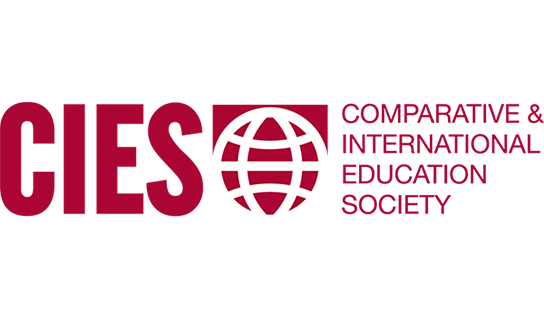
In 2023, the After 2030 project hosted a day-long workshop in conjunction with the Annual Meeting of the Comparative International Education Society (CIES).
CIES is the largest society for comparative education in the world and both PIs have long-standing engagement with CIES. Currently, CIES has over 3,300 members representing 110 countries. Many scholars working on Higher Education for Sustainable Development attend the conference, which helps the project minimize both carbon emissions and costs. By convening workshops alongside the CIES Annual Meeting is a more inclusive, cost-effective, and environmentally friendly choice.
In Year 2 of the project, we plan to host a second day-long workshop at CIES 2024 or 2025.
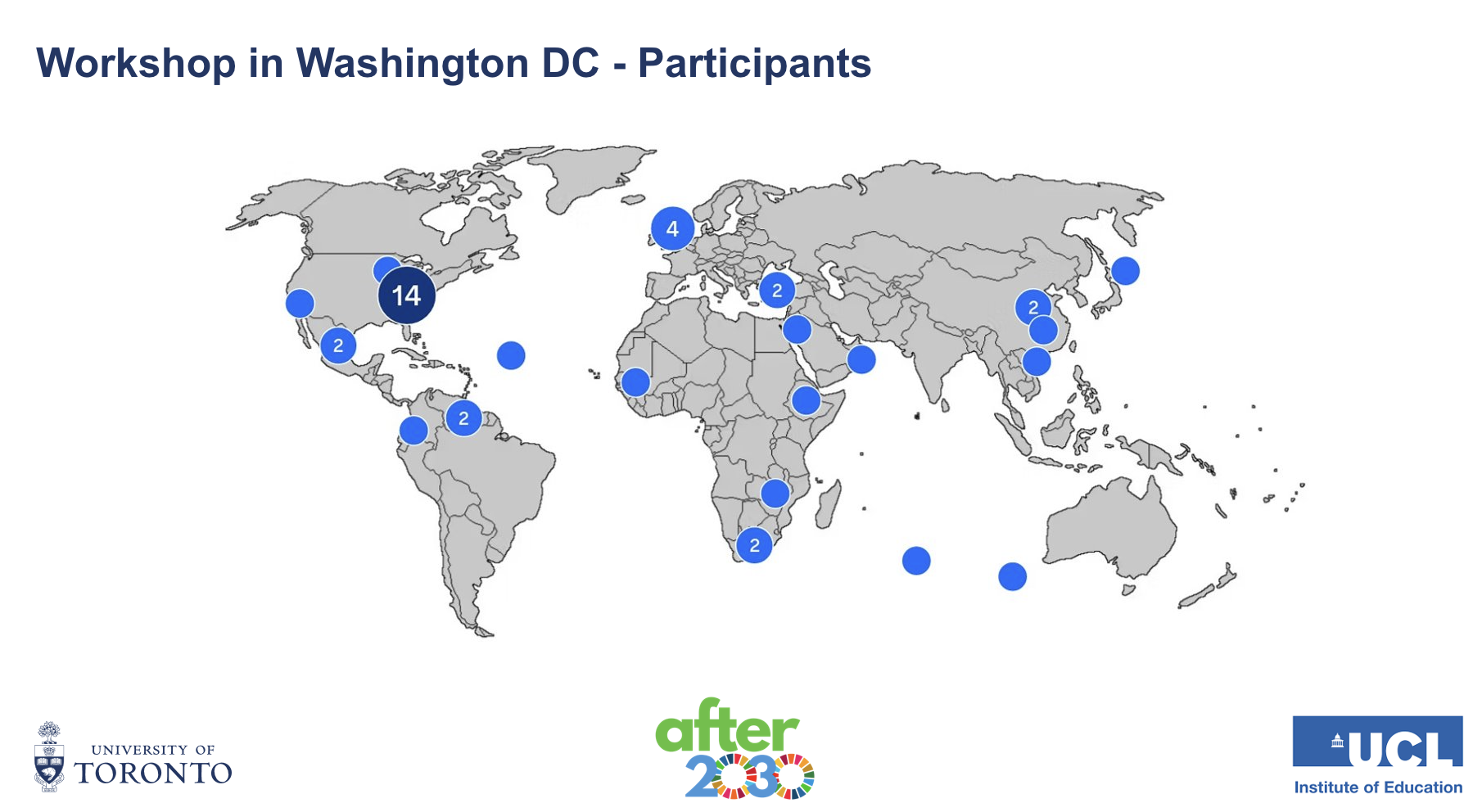
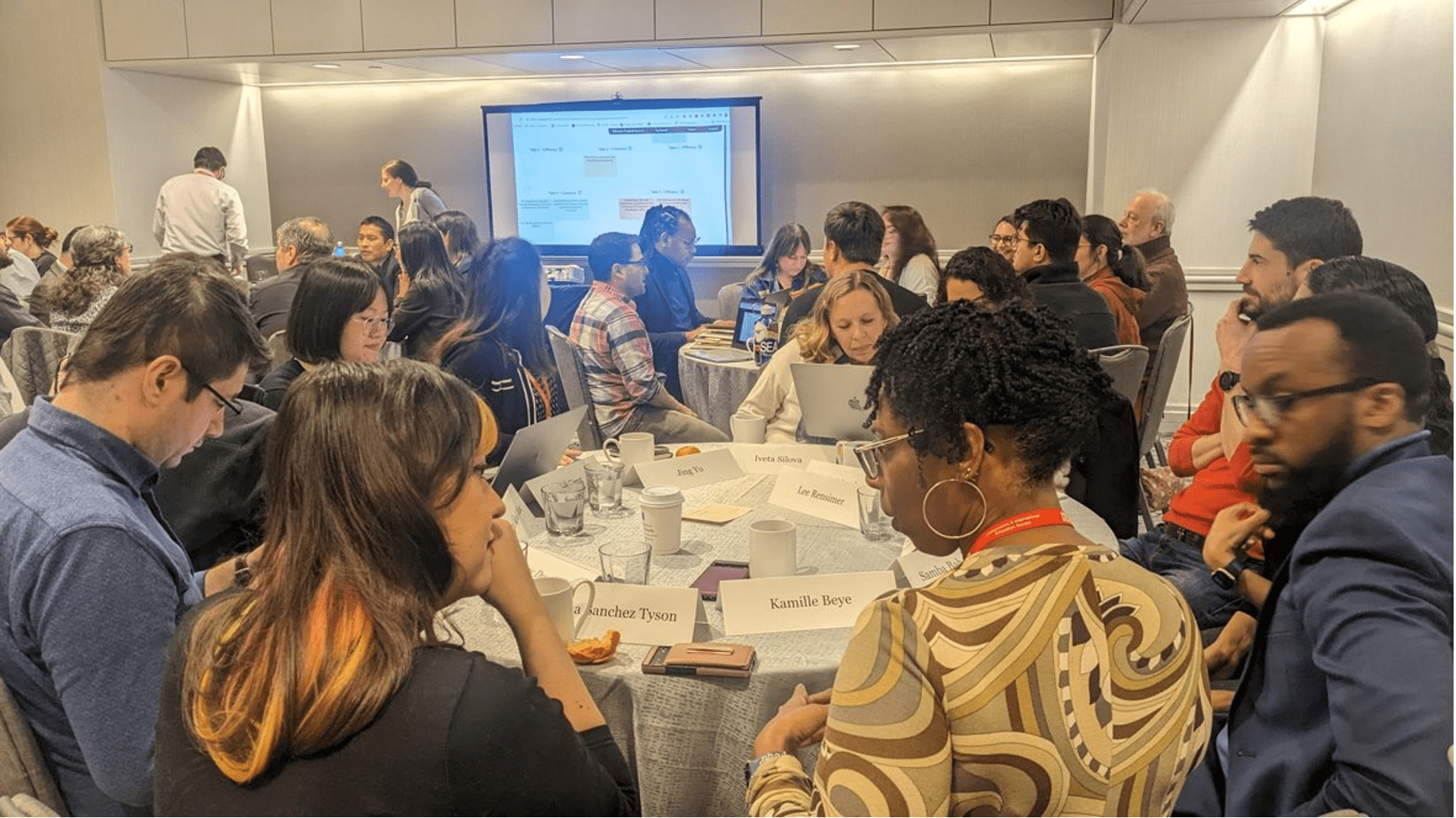
Objective 1: Taking Stock Overarching Question: In what ways have universities engaged with the SDGs? What has the SDG agenda accomplished so far and what have we – as comparative education and higher education scholars and practitioners – done to promote the SDG agenda thus far?
Specific Discussion Questions:
• What is the most important lesson you/we have learned about what universities and education scholars can do to contribute to the implementation of the SDGs?
• How can we understand and/or frame our collective contributions?
• What roles are different stakeholder groups playing in advancing HESD? (Researchers, university administrators, NGOs and civil society)?
• Universities were given a role in advancing the 2030 agenda, but how can we know what the real impact has been?
• What is the role of the CIES community in carrying out this synthesis work?
• What does the group see as the priority for the next year?
• How can we effectively “take stock” of what HESD has accomplished?
• What follow-up actions are suggested?
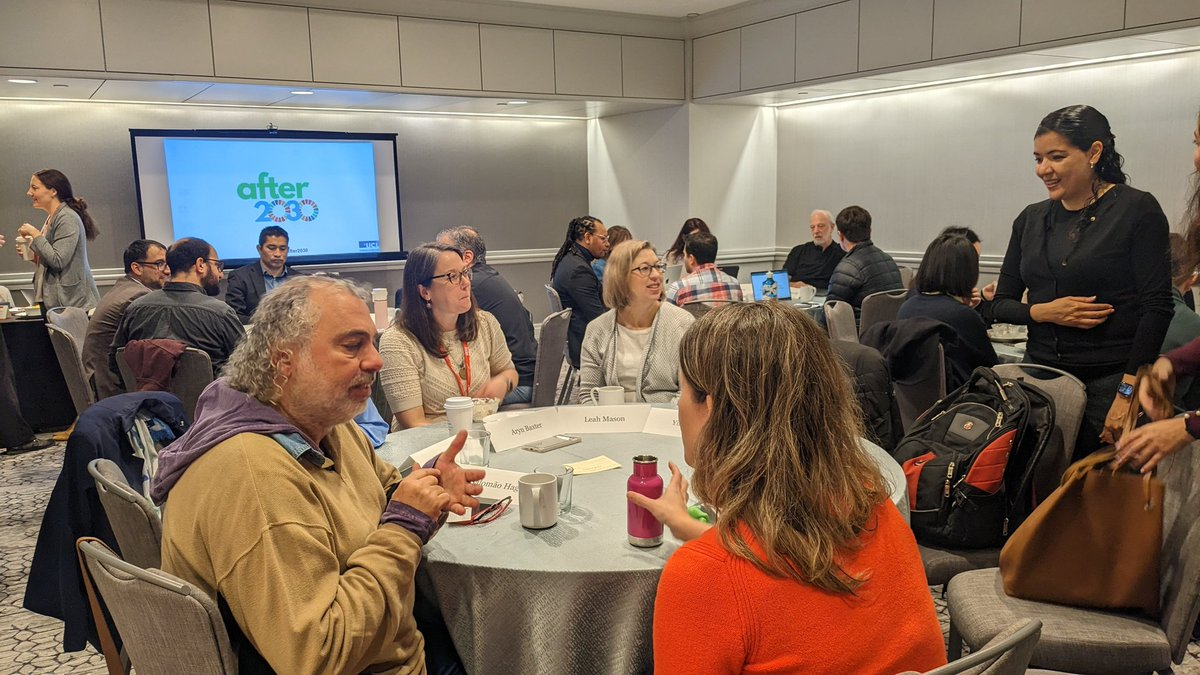
Objective 2: Critical Evaluation of the HESD and the SDGs
• What is missing from current conversations about both the SDG agenda and specifically universities’ role in supporting the SDGs?
• What is your main criticism of the SDG agenda?
• What has been ignored in the current SDG agenda and the framing of universities’ role in promoting the SDGs? To what extent and how are universities addressing all dimensions of the SDGs (economic, social, cultural, and environmental) – is this universities role or should universities role be more limited?
• Are efforts too focused on short-term outputs?
• Has the vision been too limited to things like climate change over other areas of the SDG agenda? o Who is missing or what actors/communities have been ignored in universities actions and efforts? o What are the barriers, obstacles, challenges we face in supporting HESD?
• What kind of collaborations are missing in current approaches to supporting HESD? Are there any specific challenges impeding possible cooperation?
• What gaps should we highlight in project outputs that can lead the way to a conversation in Year 2 about “what comes next”?
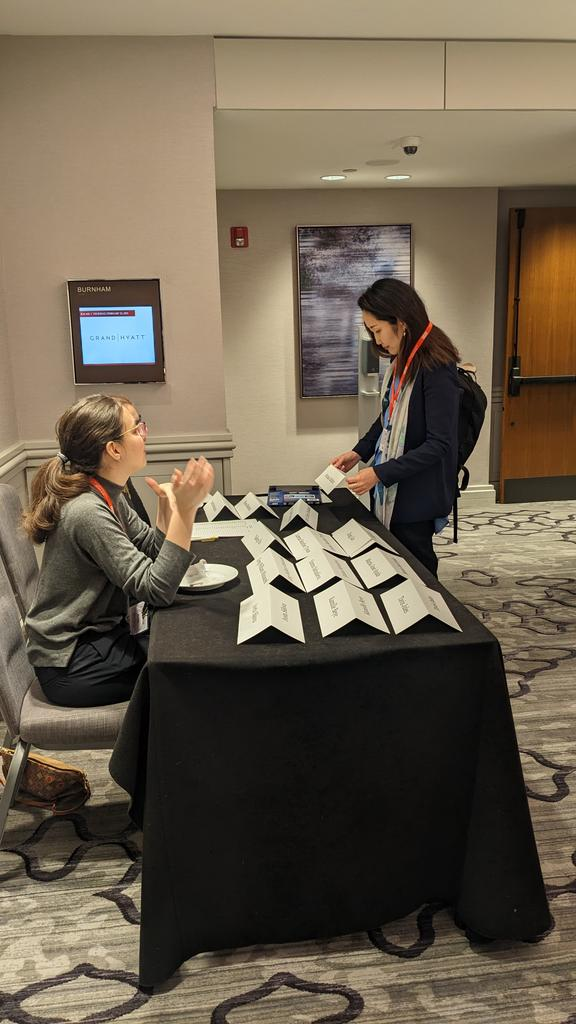
Objective 3: Charting Next Steps
• Do you know of any formal processes for thinking through next steps for After 2030? What is the representation of the higher education sector in these processes and summits?
• What do participants think should be the next steps for producing a critical synthesis of universities and CIES’ role in the SDGs?
• What is your vision for the outcomes or roadmap of this project?
• Who do you think should be the primary audiences for the project and its outcomes? Who should we target to have an impact?
• What dissemination venues? What are priorities?
• How can we best create a voice for collective conversations and change?
• What follow-up actions are suggested and prioritized?
• Would you like to be involved in specific actions? What organizational structure would you like to be a part of? (i.e., sub-committees, workshops, collaborations, events, papers)

